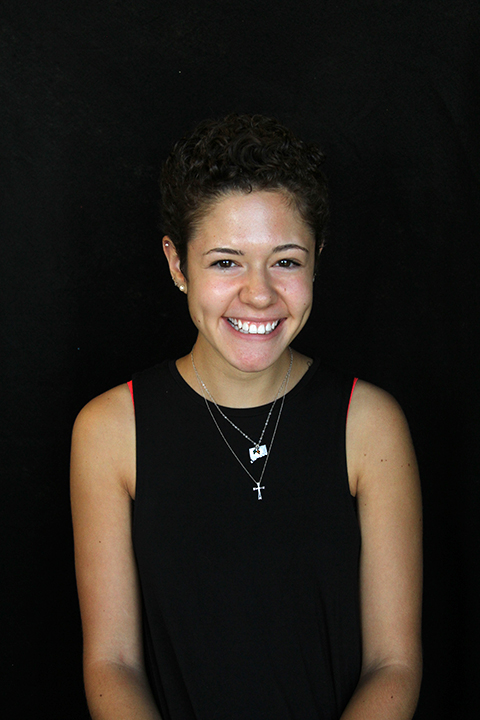About two or three weeks ago, “13 Reasons Why” took over the Netflix world. Everywhere I went, at least two or three nearby conversations that I picked up on were about the show and how intense and addicting it was. I read the book when I was in middle school and remembered it being really good and really impactful. So I paused “Gilmore Girls” and decided to watch this show. It’s only 13 episodes, so why not?
In a nutshell, 13 Reasons Why focuses on Hannah Baker, a high school student that commits suicide in the first episode. She left behind a series of tapes, each one numbered as a reason why she did it. The tapes were given to the people who were on the tapes, and the show focuses on Clay Jensen, one of the final reasons on a tape.
Each episode drew me in more and more as I got more and more curious about what juicy story each tape would contain. I found myself getting frustrated with Clay, like much of the world, for taking so long to get through the tapes. I put everything in my life on pause because I wanted to know what happened to Hannah Baker. For the final episode, I found myself sitting in my room at 1 a.m. crying hysterically because of how graphic, how heartbreaking and how real this show was and the message behind it.
Sure, it’s a trend. It’s cool to watch “13 Reasons” right now and discuss our impatience with Clay and our curiosity for what happened at Jessica’s party. But as I sat in my dark, empty room with my face stained with tears, I got hit in the face with the reality of this show. I saw me and my brothers and my friends in several characters, and I connected with the situations. My stomach twisted into lots of tiny knots as I realized how vulnerable I was in this moment — because we are living in a world of Hannah Bakers, but none of us care to admit it because we’re so caught up in the gossip behind the tapes, not the heart that got broken in the making of the tapes.
According to Pacer, the National Bullying Prevention Center, more than one out of every five students report being bullied and 64 percent of children who were bullied did not report it. Here’s what’s heartbreaking: More than half of all bullying situations stop when a peer intervenes and says something. Imagine that, just stepping in and saying something could stop over half of all bullying situations, bullying situations that make students 2.2 times more likely to think about suicide and 2.6 times more likely to attempt suicide than those that aren’t bullied, according to Pacer.
All of us who have watched it, whether we flew through the show in a day or two or we’re still in the process of watching, should pick up on the message and do something about it. Stop defining people by their body parts, stop victimizing people because they’re different than you, stop thinking you have control over other people and stop using such harsh words when there’s no need for them. Plain and simple, stop being mean.
The show is heavy. It has lots of deeper stories intertwined with Hannah Baker’s reasons why she committed suicide. The show is entirely relatable and the characters might as well be real people who exist. Let’s face it: People send pictures they shouldn’t send. People demean others with sexual slander, and people find awful ways to ensure their dominance. But this show is begging us to stop. So as we tell our friends and co-workers and teammates to watch it because it’s such a good show and so addicting, let’s also tell them to pay attention to all the smaller details and listen to the cry for help that “13 Reasons Why” is sending out. It’s more than a trendy show — it’s quite possibly the best way of sending a message to the people that need to hear it most.




